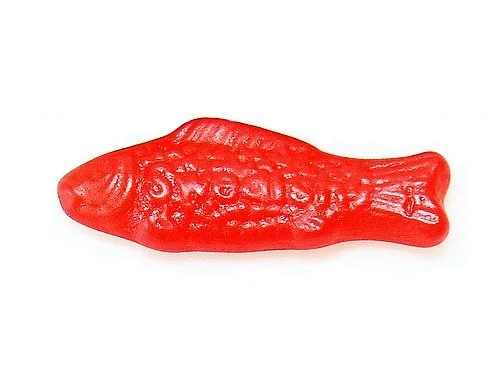Finding myself with a few relaxing days off, I broke out the bubble bath and climbed into the tub with a large pile of catalogs, planning on ordering a few choice pieces to perk up my closet's traditional suit population. Colors and patterns and weird mixes of prints abounded, jumping off the page with a quasi-Seventies fervor. OK, fine. But every time I was attracted to something, it had the Fatal Flaw, and I turned the page.
Dear designers of supremely non-hipster clothing like Talbots and Pendleton, I know you'd rather be at the Paris shows with your friends at Prada, but when you're working in front of that CAD monitor doing your day job--that is, designing clothes for me, the non-hipster-non-Prada wearer--put on some sleeves. SLEEVES.
What has to happen in the design process of a major brand in order for many pieces in the collection to not have sleeves? What has to happen in the mind of a designer to think for a split-second that any woman in his target market (age 40 and beyond) would EVER buy ANYTHING with no sleeves? Perhaps it is a blind spot.
Sure, you spent your time at FIT designing for your 19 year-old friends and hoping to be on Project Runway and since sleeves can be hard to put in you avoided it. So much easier to fling in a facing or just overlock the armhole and watch it walk. Student days are so gratifying.
But now that you actually have a job, it's time for you to wise up. Roll down the anatomical chart, please. Now for the big news about everyone in your target demo: One day her arms were fine, the next they looked like two blobs of pizza dough. Pumping her bis and tris did nothing. And she can't go back.
Your concessionary short-sleeved bolero and little cardis have had their day. Your target demo is sick of bright little cardis. And the short-sleeve bolero makes her look like an overweight matador. So just stop it. Learn to cut sleeves.
The only thing I can imagine that explains this wholesale stupidity in otherwise talented designers is that China must be charging a lot less for no-sleeve looks. Because why else would perfectly reasonable brands do such a dumb thing? In a recessionary economy, give the customer what she wants. Give her a safe haven for those softening arms. She begs you: Give her sleeves.



